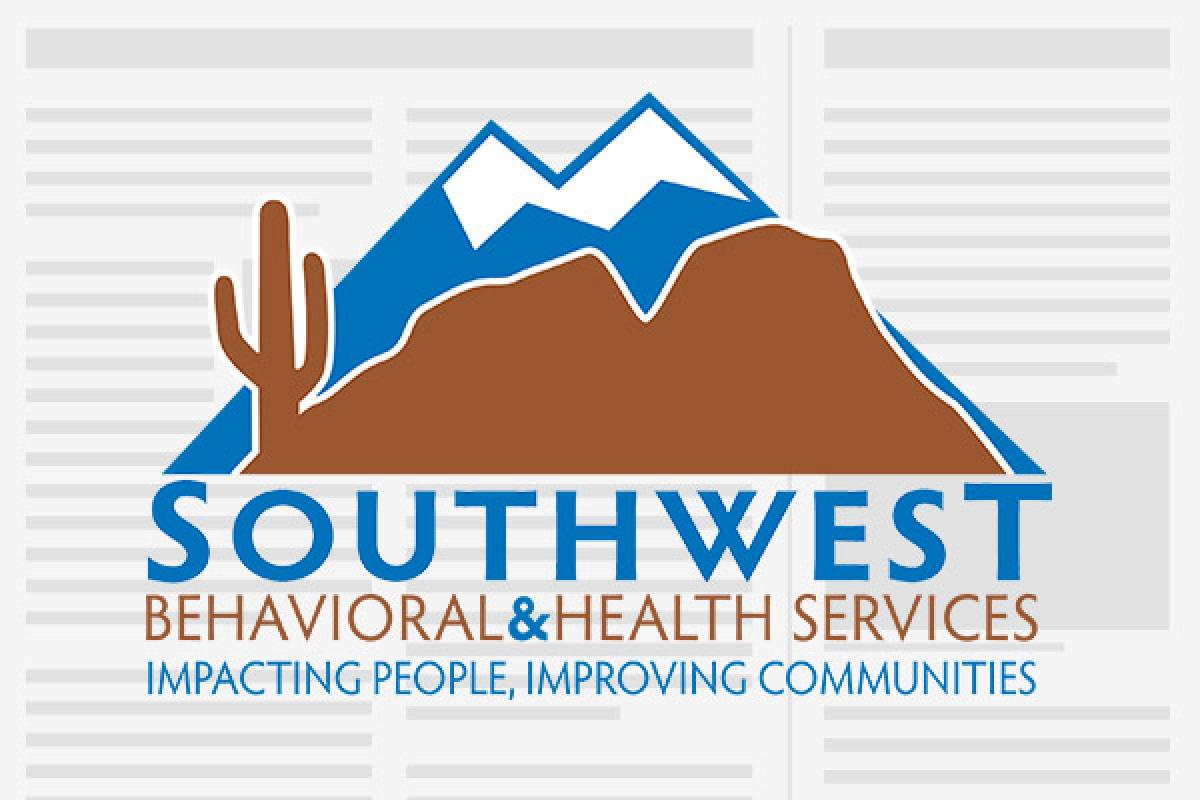
When this and previous generations of parents were growing up, bullying was often assumed to be an inevitable part of growing up. Kids today are more aware of the issue of bullying because of awareness, education and prevention efforts. This is a good thing; however, children’s increased sensitivity to the matter may result in confusion among parents and kids alike about how to handle interpersonal problems.
What is bullying?
The intention here is not to minimize anyone’s experience, nor is it to deny the real problem of bullying. The goal is to clarify problematic behavior that exists on a continuum. Let’s look at some distinctions with the goal of guiding our kids the best we can.
Author and therapist Signe Whitson has defined important differences between rude, mean, and bullying behaviors. According to Whitson, rude behavior is thoughtlessness that may lead to the unintentional hurting of someone’s feelings. Mean behavior is purposely doing or saying something once or twice that’s meant to hurt someone. The nature of bullying is distinct due to the intended intensity and relentlessness of the verbal, emotional and/or physical aggression. There exists an imbalance of power with bullying that is not present in the other cases.
As a parent, how do I know if or when I if I should get involved?
In order for our children to achieve personal and professional success in our democratic, high-tech, diverse society, they will need to be assertive, respectful and resilient problem-solvers who are capable of communicating well. If we parents step in to handle every problem for them, they will never develop these important traits and skills.
Dr. Michael Popkin, author of the Active Parenting programs, offers guidance in determining whether we should manage our child’s problem, or if we should let our child handle the problem themselves, with our support.
· Is the child mature enough to understand the potential consequences and negotiate a solution? If not, the parent may need to intervene. However, don’t underestimate your child’s capability if they have your support and guidance.
· Is the child’s health and security at risk? Or does the matter merely involve the need to talk things out in order to come to an understanding? In the latter case, help your child to brainstorm ways to solve the issue and choose the best solution. Encourage them through the process and monitor the situation for signs they need more help.
What should my involvement look like?
If a parent assesses a difficulty and determines that the problem falls under the rude or mean behavior categories, they may use the opportunity to support their child by teaching and modelling assertiveness skills and negotiation strategies. Such experiences will build resilience and self-esteem in young people. Kids who know how to stand up for themselves in a respectful way will likely possess the courage to successfully handle peer pressure situations later in adolescence. This means they will be at less risk of succumbing to experimentation with drugs, alcohol and other potentially damaging behaviors.
For more information about how to help your child learn assertiveness and problem-solving skills, enroll in one of the free Active Parenting workshops offered by DrugFreeAZKids.org. Contact us at partner@DrugFreeAZKids.org or at 602-264-5700.













